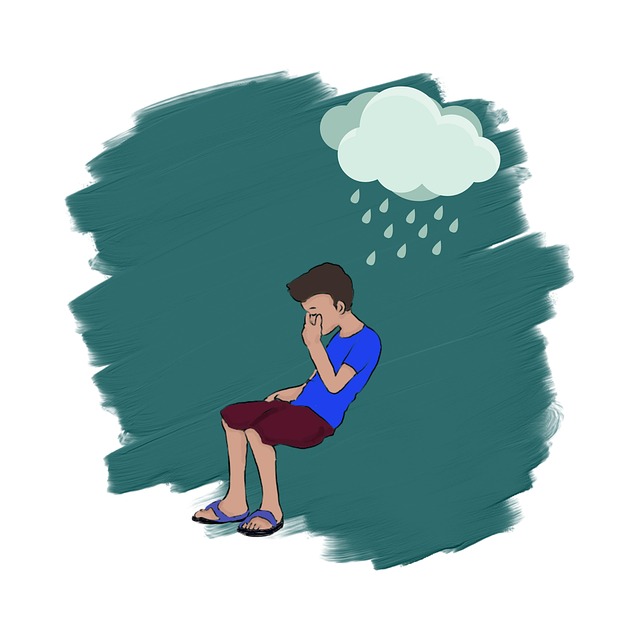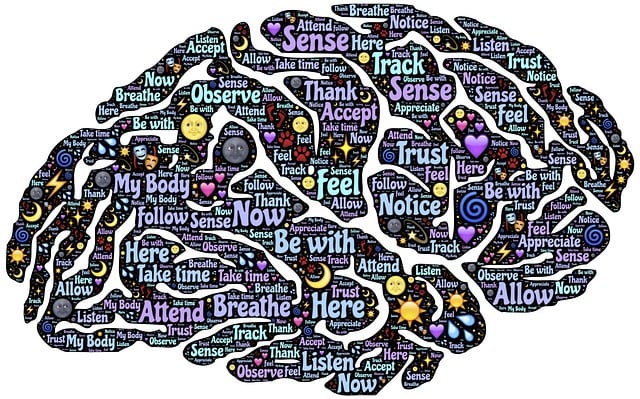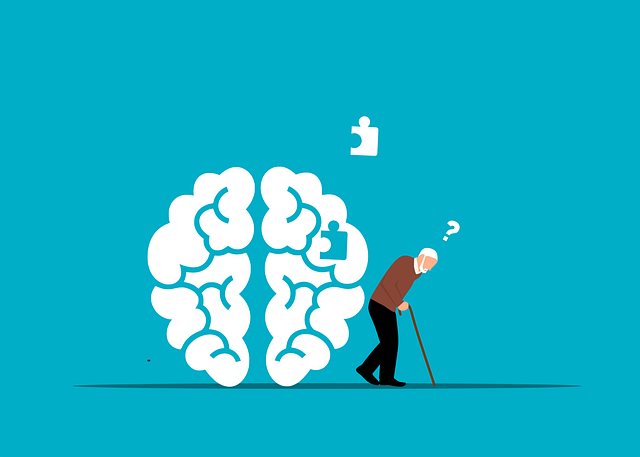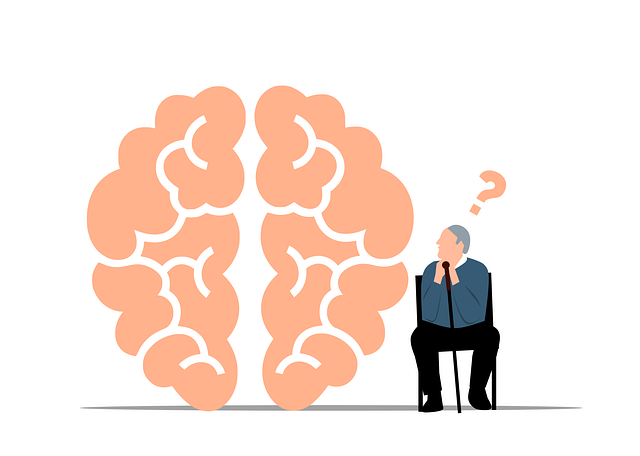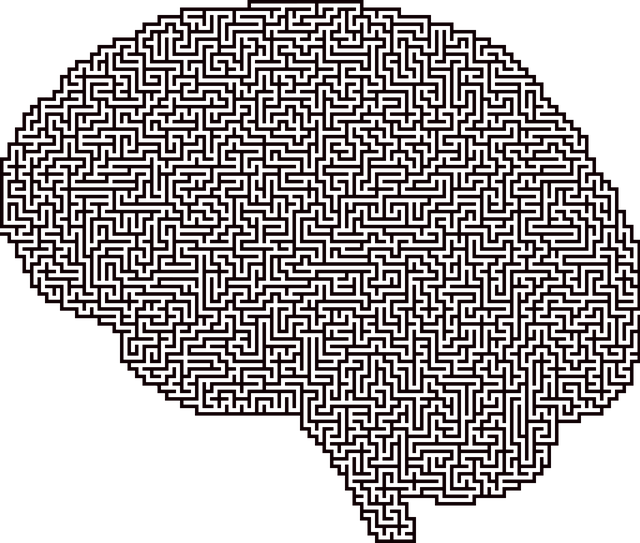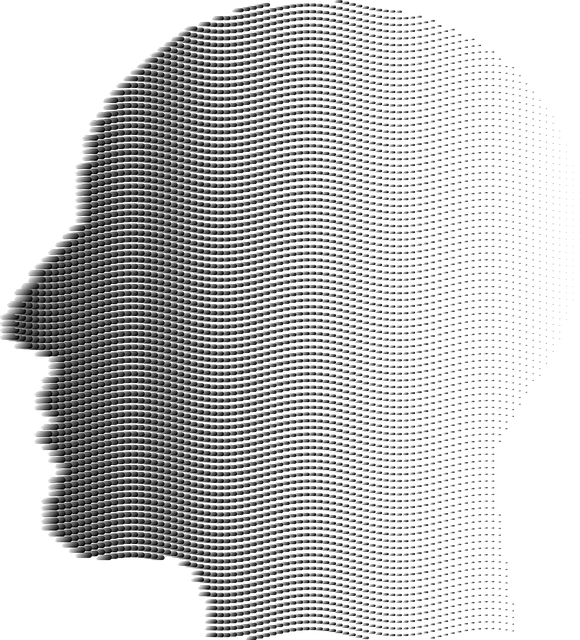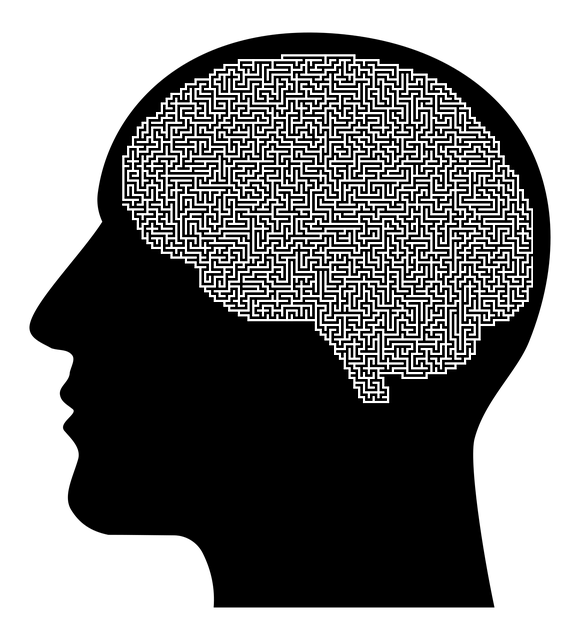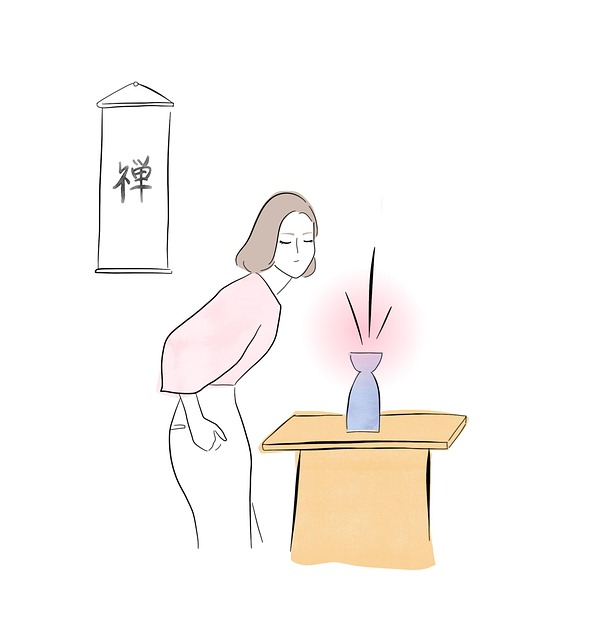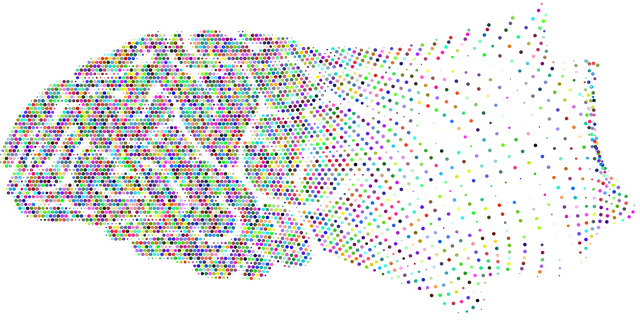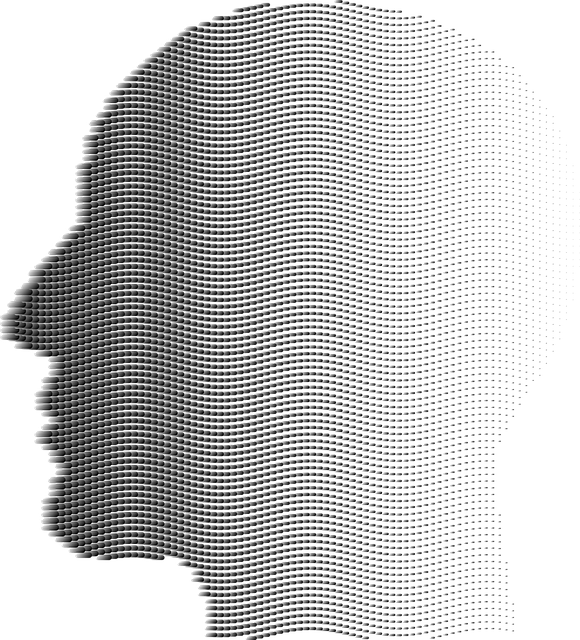Panic disorder and anxiety attacks are common among young adults, causing fear and physical symptoms that disrupt daily life. Effective therapy for young adults with panic disorder includes cognitive-behavioral therapy (CBT) and mindfulness techniques to change thought patterns and provide coping strategies. Comprehensive risk assessments, stigma reduction, and tailored treatment plans are crucial. Incorporating CBT routines and culturally competent healthcare can significantly aid recovery while reducing burnout among providers.
Stress management is a vital skill for young adults navigating academic pressures and personal challenges. This article explores effective techniques to combat anxiety, specifically targeting panic disorder and anxiety attacks prevalent in this demographic. We delve into understanding the root causes and symptoms of these conditions, offering practical strategies such as mindfulness, cognitive-behavioral therapy (CBT), and relaxation exercises. By incorporating therapy into daily routines, young adults can gain control over their mental health, fostering resilience and enhancing overall well-being.
- Understanding Panic Disorder and Anxiety Attacks in Young Adults
- Effective Stress Management Techniques for Young Adult Students
- Incorporating Therapy into Daily Life to Overcome Anxiety
Understanding Panic Disorder and Anxiety Attacks in Young Adults

Panic disorder and anxiety attacks are common mental health challenges faced by young adults. This often manifests as sudden and intense fear or discomfort, accompanied by physical symptoms like rapid heartbeat, sweating, and difficulty breathing. These episodes can significantly disrupt daily life, leading to avoidance behaviors and increased anxiety about future attacks. Therapy for young adults suffering from panic disorder and anxiety attacks plays a crucial role in managing these conditions.
Cognitive-behavioral therapy (CBT) is one of the most effective evidence-based approaches, focusing on identifying and changing unhelpful thought patterns and behaviors associated with fear and anxiety. CBT helps individuals learn coping strategies to manage symptoms, face fears gradually, and reduce avoidance behaviors. In addition to CBT, mindfulness techniques, such as meditation and deep breathing exercises, can provide significant anxiety relief. Mental health professionals also emphasize the importance of a comprehensive risk assessment to understand individual needs and tailor treatment plans effectively. Efforts to reduce the mental illness stigma are essential, fostering an environment where young adults feel comfortable seeking help without fear of judgment.
Effective Stress Management Techniques for Young Adult Students

Managing stress is a vital skill for young adults navigating their academic and personal lives. With increasing demands on their time and emotions, effective stress management techniques can be transformative. One powerful tool is therapy, specifically tailored to address panic disorder and anxiety attacks, which are common challenges among this demographic. Through cognitive-behavioral therapy (CBT), young adults learn to identify and change negative thought patterns contributing to their anxiety. This process empowers them to face triggers with newfound confidence.
Additionally, incorporating Mind Over Matter principles can help students take control of their stress response. Techniques such as deep breathing exercises, meditation, and positive self-talk enable individuals to calm their minds and bodies during stressful situations. Social Skills Training is another beneficial component, fostering healthy communication and conflict resolution abilities. By learning to navigate social interactions with ease, young adults reduce the stress associated with interpersonal relationships.
Incorporating Therapy into Daily Life to Overcome Anxiety

Incorporating therapy into daily routines can be a powerful tool for young adults suffering from panic disorder and anxiety attacks. Cognitive Behavioral Therapy (CBT), for instance, has proven effective in treating anxiety disorders by helping individuals identify and change negative thought patterns and behaviors contributing to their distress. By integrating CBT techniques such as mindfulness exercises and gradual exposure to feared situations into their regular schedules, young adults can develop healthier coping mechanisms and improve emotional regulation.
This approach not only addresses the symptoms but also empowers them with self-management skills to prevent burnout, which is prevalent among healthcare providers who often deal with high-stress situations. Incorporating therapy as a part of daily life requires commitment and support, but it offers long-lasting benefits in terms of mental well-being. Healthcare provider cultural competency training can further enhance these efforts by ensuring that young adults from diverse backgrounds receive tailored support, fostering inclusive practices for effective therapy implementation.
Stress management techniques are invaluable tools for young adults navigating panic disorder and anxiety attacks. By understanding these conditions and adopting effective strategies, such as mindfulness, deep breathing exercises, and cognitive-behavioral therapy, individuals can significantly improve their mental health and overall well-being. Incorporating therapy into daily life enables young adults to overcome anxiety, fostering resilience and a sense of control. With the right tools, it’s possible to manage stress, find calm, and lead a fulfilling life despite these challenges.
